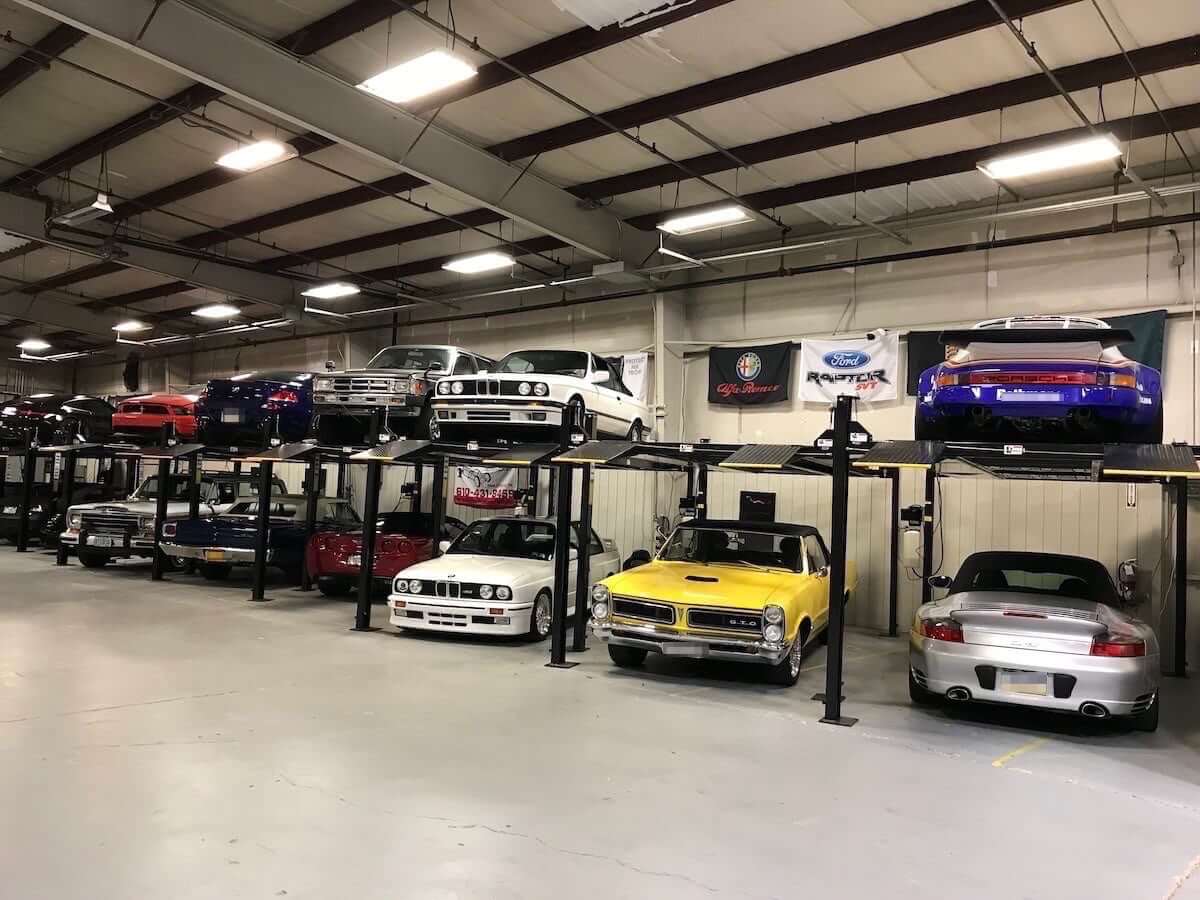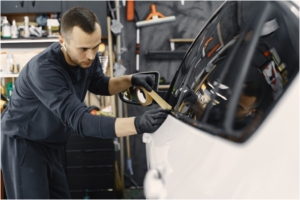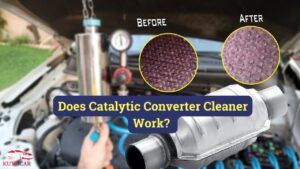Where can i store a car that doesn’t run? Managing a vehicle that no longer runs can be baffling and poorly designed. A car that is not operating prevents you from driving it and takes up space while idle. Where can you store it securely and legitimately while sorting out your drawn-out plan? The options for storing a vehicle when it is not in use, such as whether to rent a carport or let the car be used, are examined in this article.
Rent an Off-Site Storage Unit
One of the most well-known arrangements is to lease a capacity unit or carport to keep the non-working vehicle in. Vehicles of all makes and models can be safely stored in public garages or self-storage facilities. You’ll commonly pay a month-to-month rental charge, given the unit size you want. While leasing a capacity unit, search for one that offers these elements:
- Covered and enclosed – protects the car from weather damage. Look for indoor units or units with a roof.
- 24-hour security and surveillance – Numerous offices have safety officers, cameras, edge fencing, and keypad access.
- Climate-controlled – directs temperature and stickiness, which is better for the vehicle. Not all units are climate-controlled, so check when renting.
- Automobile access – some units allow you to drive right in, like a garage. This makes it easy to get the non-running car in and out.
- Electrical outlet – proper if you occasionally charge the battery to keep it operational.
Store at a Friend or Relative’s House
Consider using their carport or carport for storage without paying for a capacity unit, proposing a monthly fee for extended storage.
Park on Private Property
Parking inoperable vehicles on your own private property is legal in some areas. If you have extra space at home, keep the non-working car parked in your yard or driveway. This avoids rental fees but means the car occupies your land.
Security Precautions and Considerations for Storing a Non-Running Car
- Choose a storage facility with proper security measures.
- Inquire about insurance coverage for stored vehicles.
- Use steering wheel locks and wheel clamps
- Keep the storage location confidential.
- Maintain detailed documentation,
- Opt for climate-controlled storage for added security.
- Install motion-activated lights in the storage area.
- Remove valuable items from the car before storing them.
- Research and select a storage facility with positive reviews and good security
What’s a Good Place to Keep a Non-Running Vehicle?
While managing a vehicle that won’t begin, finding a protected stockpiling spot is essential to safeguard it from additional harm. Here are some things to look for in an excellent place to keep a non-operational vehicle:
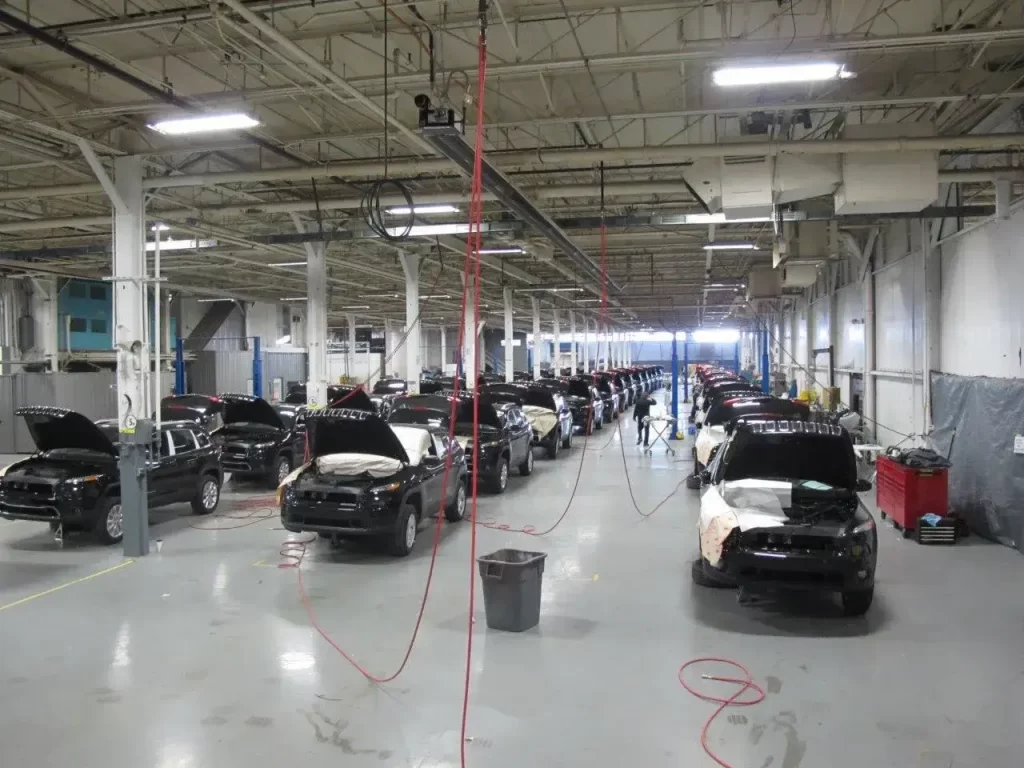
Covered Space:
The best places provide shelter from the elements like rain, snow, hail and ice storms. Indoor parking garages, self-storage units, barn garages and covered RV parking all offer protected storage where the car isn’t exposed to weathering.
Secure Location:
Choose somewhere with security features like cameras, coded entry, locks, limited access, and visual monitoring. Vandalism, theft, and break-ins are put off by this. Self-storage spaces frequently have border fencing, video reconnaissance, watchmen and individual unit locks.
Accessible for Repairs:
The location should be accessible in case the car needs repairs or maintenance while stored. Repairs become a headache if it’s easy enough to reach the vehicle. Storage with driveway access or a unit you can drive into provides convenient access.
Safe Storage Solutions for a Non-Running Car: Exploring Options
At the point when your vehicle startlingly stalls and becomes non-functional, tracking down a protected spot to store it is fundamental. Here are some excellent options for temporarily storing a car that doesn’t run:
Indoor Storage Unit –
Renting a storage unit is one of the best choices for storing a disabled vehicle. Indoor units protect cars from weather elements, deter theft and vandalism, and allow you to use convenient cars as needed.
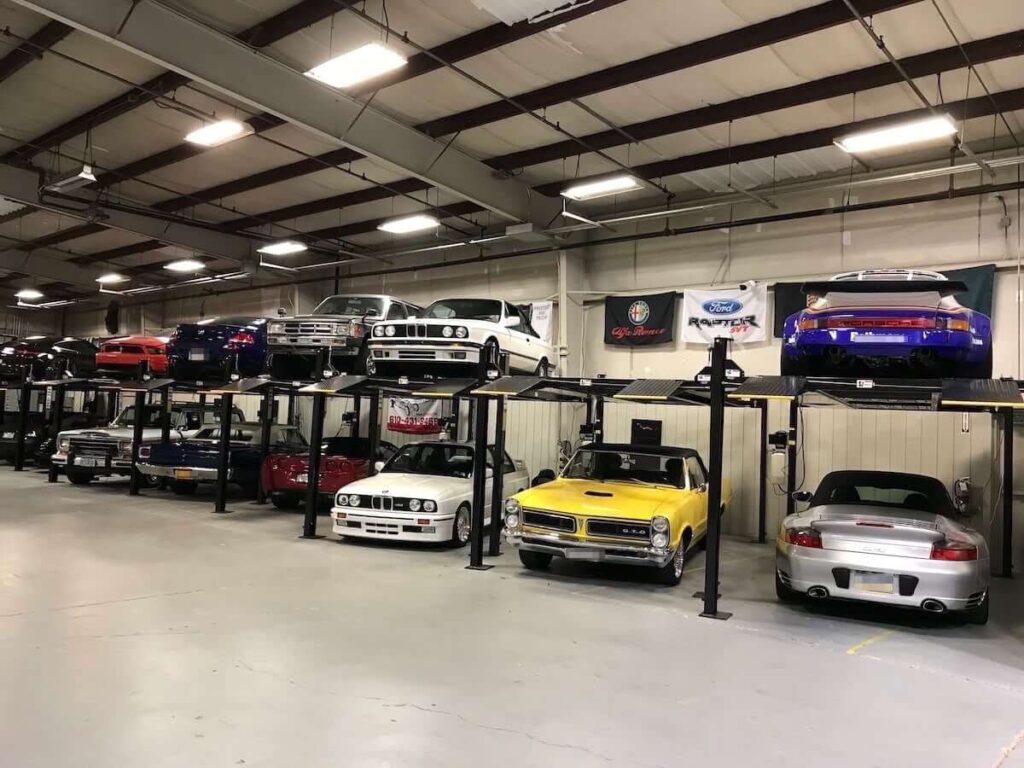
Garage conveniently –
If you or a family/friend has spare garage space, ask if you can utilize it to store the non-working car. Garages provide covered enclosed protection. Make sure keeping the vehicle there for an extended period, if needed, is acceptable.
Carport –
While open on the sides, a carport does provide a roof over the vehicle. The covered shelter shields the car from sun, snow, rain and other precipitation. Carports are suitable for short-term storage in mild climates.
Car Storage Preparation: Ensuring Your Vehicle’s Readiness for Extended Storage
Take these steps to keep your car healthy:
- Clean the car thoroughly, inside and out.
- Change the oil and filter.
- Fill up the gas tank and add a fuel stabilizer.
- Inflate the tires to recommended levels.
- Disconnect the battery or use a trickle charger.
- Lubricate moving parts like door hinges and locks.
- Use a car cover to protect against dust and debris.
- Consider placing moisture absorbers inside the car.
- Set traps or use deterrents to prevent pest infestation.
- Store the car in a cool, dry place with proper ventilation.
Conclusion
Storing a non-running car properly while you decide its fate takes some forethought. With good planning, you can protect your disabled vehicle conveniently and affordably. Indoor storage units offer security and shelter at a monthly cost. Free options like parking on private property or with family/friends require more legwork but avoid rental fees.
FAQs Regarding : Where can I store a Car that doesn’t Run
Q1: What are my storage options?
You have several choices, depending on your needs
Indoor storage: Garages, storage units, and car dealerships
Covered outdoor storage: Arports, covered parking spaces
Open-air storage: Street parking, driveways, or fields
Q2: Where can I find inexpensive storage options?
Online directories list storage facilities with amenities.
Check local ads and classifieds for garage rentals.
Consider self-storage facilities.
Q3: How can I ensure the safety of my non-running car in storage?
Select a storage choice with proper security standards, such as surveillance, insurance coverage, and climate-controlled environments.

